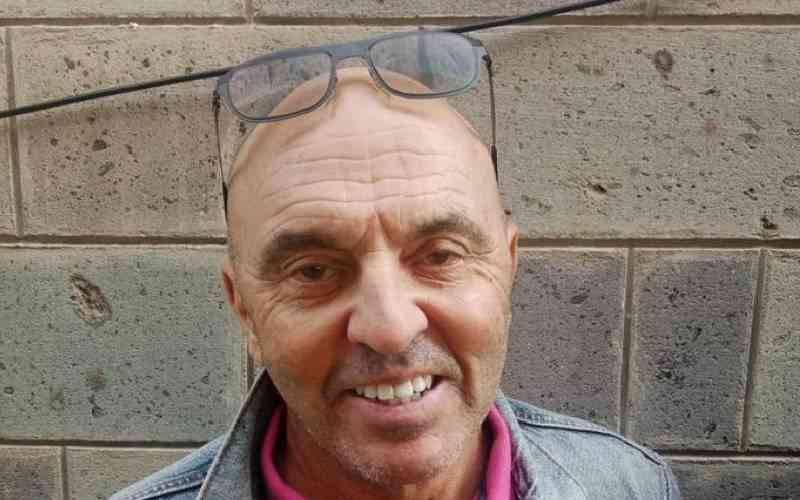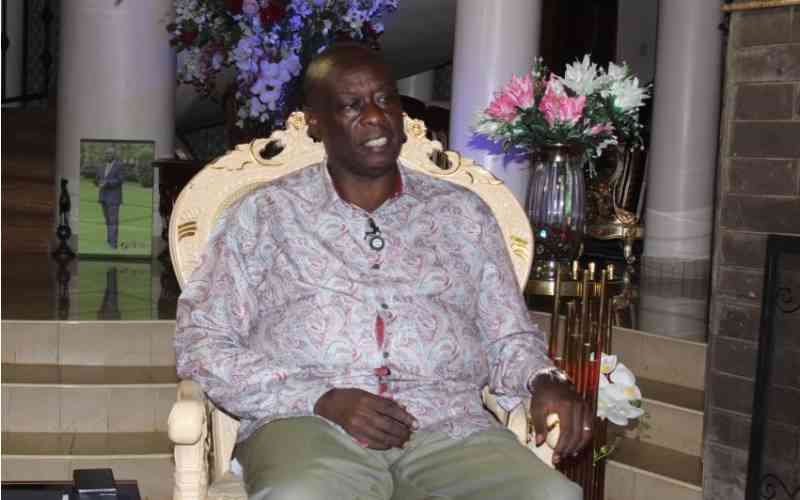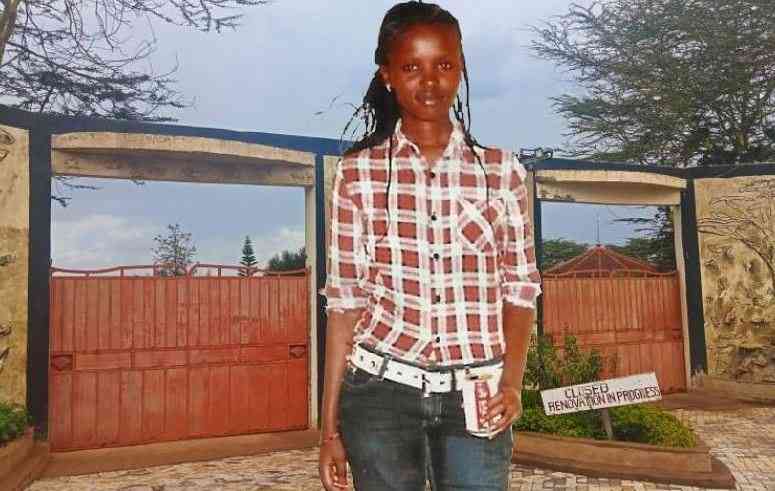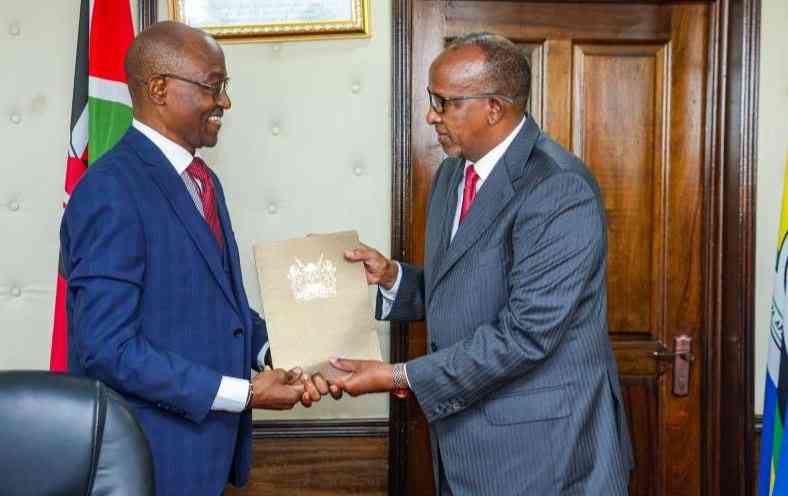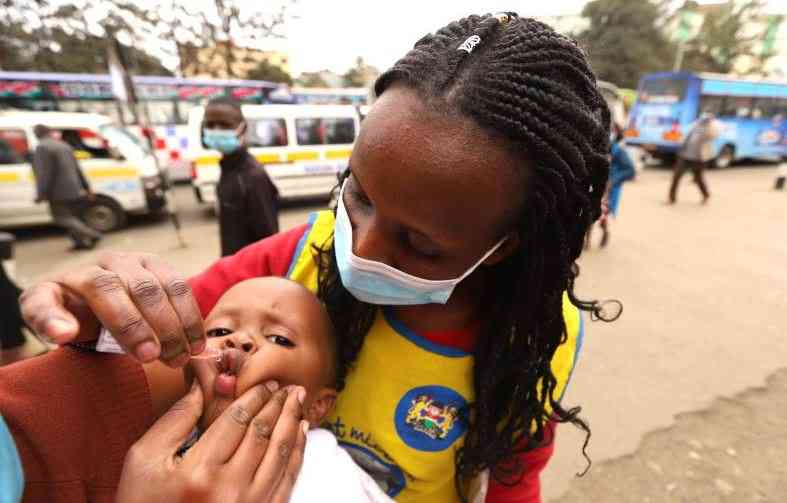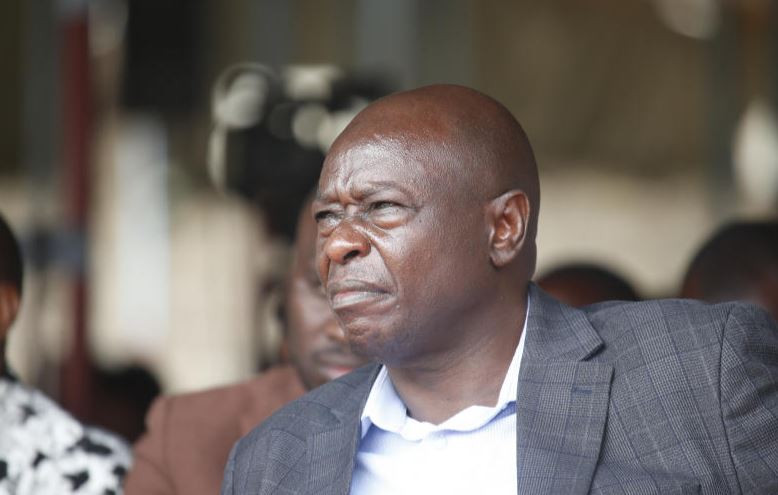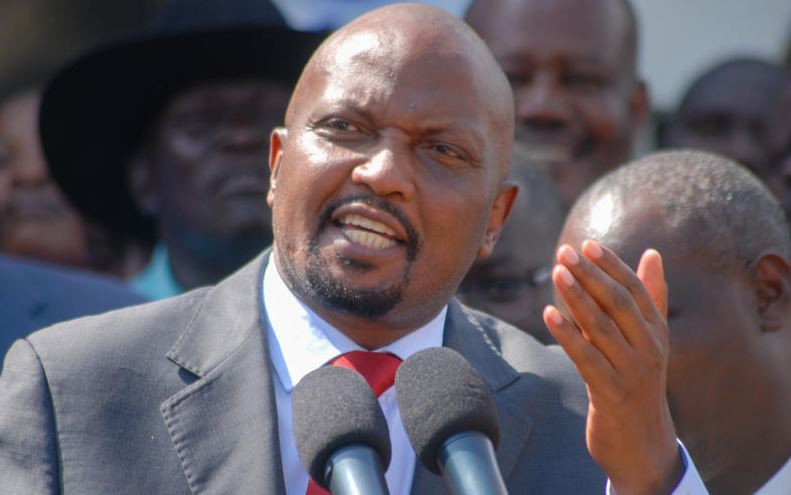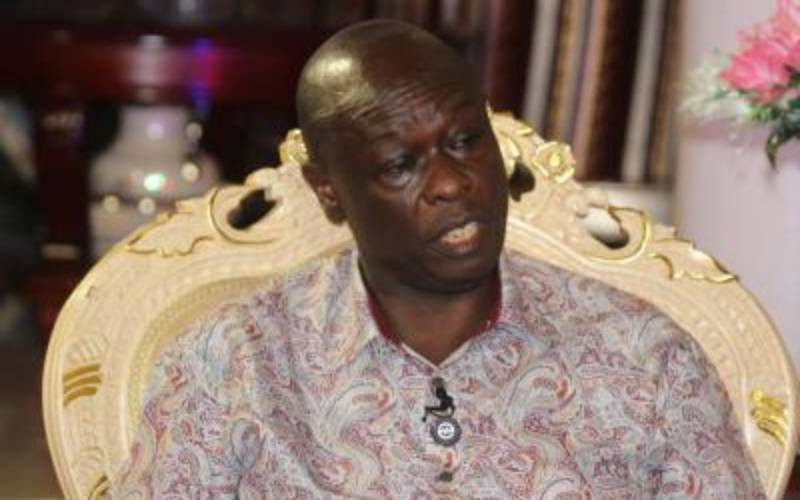
The Ministry of Health has launched the NHIF Pending Medical Claims Verification Committee and Secretariat to address what has become one of Kenya's biggest public health financing scandals.
The committee, established on 30 March, is tasked with cleaning up the staggering mess left behind by the now-defunct National Hospital Insurance Fund (NHIF).
Health Cabinet Secretary Aden Duale, during the inauguration at Afya House yesterday, announced that the committee will review all pending medical claims from 1 July 2022 to 30 September 2024. The primary goal is to distinguish genuine bills from fraudulent or exaggerated ones.
“This Committee has been established to provide an independent, thorough, and transparent review of medical claims submitted to the defunct NHIF which, to date, remain unpaid,” said Duale. “We are determined to ensure that only legitimate claims are paid and that taxpayers’ money is protected.”
According to Ministry records, the defunct NHIF owes healthcare providers an estimated Sh33 billion in unpaid claims.
The verification committee, chaired by James Ojee with Anne Wamae as vice-chairperson, comprises 12 other members drawn from diverse professional backgrounds. It has a three-month mandate.
Investigations have revealed that NHIF may have lost more than Sh10 billion through fraudulent medical claims filed by health facilities. Former Health CS Susan Nakhumicha had estimated that NHIF could have lost as much as Sh20 billion in 2023 alone.
During her tenure, Nakhumicha ordered several internal and external audits into NHIF operations, which uncovered shocking findings. One audit by the Social Health Authority (SHA) revealed hospitals that dishonestly pocketed billions of shillings through fictitious claims.
“Between January and December 2023, out of 67 audited hospitals, 27 were found to be involved in fraudulent activities, resulting in a loss of Sh171 million,” she stated.
“Extrapolating this to the total population of 8,886 hospitals, it is estimated that approximately 3,440 might have been engaged in fraudulent activities, potentially exceeding Sh20 billion in losses.”
A report by Auditor General Nancy Gathungu revealed further discrepancies. In June 2023, NHIF paid Sh814 million in claims while hospitals had only billed Sh447.12 million through ten schemes, resulting in an unexplained variance of Sh367.77 million.
Hospitals employed numerous tactics to defraud the Fund. Some submitted claims for services offered without valid contracts, procedures performed beyond their approved facility level, or duplicate claims for the same patient.
There were also reports of prolonged hospital stays that were medically unnecessary and of doctors billing NHIF for services outside their scope of practice.
A year-long parliamentary investigation into hospitals accused of defrauding NHIF resulted in the permanent closure of three medical facilities—Joy Nursing Home, Amal Hospital Limited, and Beirut Pharmacy and Medical Centre—while 12 others were exonerated.
At Joy Nursing Home, audits showed evidence that patients were taken to Jekim Hospital Nkubu Ltd for X-rays and then transferred to Joy Nursing and Maternity Eastleigh Limited for further treatment, without any surgeries being performed, as confirmed by a review of phone records.
The fallout from NHIF’s mismanagement has been catastrophic for both private and public health facilities across Kenya. Several hospitals—particularly small and medium-sized ones—have shut down or scaled back operations due to unpaid claims running into millions.
In some counties, hospitals have gone over a year without reimbursement from NHIF, making it impossible to pay staff salaries, purchase drugs, or run essential services. As a result, thousands of patients—especially from poor and marginalised communities—have been left stranded without care.
CS Duale outlined the committee’s core responsibilities, including scrutinising and verifying the authenticity of all pending claims and recommending action on fraudulent, false, or exaggerated claims.
The committee will also propose measures to prevent future accumulation of unverifiable claims and to ensure value for money and transparency in service payments.
“Let me emphasise that after verification, all genuine claims of healthcare providers will be paid, and this Committee will be held accountable for any payments made for services not rendered,” said CS Duale.
The committee’s first task is to identify fraudulent claims, including those from facilities operating without contracts, bills exceeding a hospital’s capacity or licensing, exaggerated invoices, unsubstantiated admissions, surgeries that were never conducted, cases of doctors claiming for procedures outside their field, and duplicated or manipulated records.
The magnitude of the NHIF scandal has eroded public confidence in government-run health insurance, raising serious concerns about the sustainability of Kenya’s push for Universal Health Coverage (UHC).
The committee, gazetted under Kenya Gazette Notice No. 4069 of 28 March 2025, will serve for three months, after which it is expected to deliver a comprehensive report on its findings and recommendations for the way forward.
 The Standard Group Plc is a multi-media organization with investments in media platforms spanning newspaper print
operations, television, radio broadcasting, digital and online services. The Standard Group is recognized as a
leading multi-media house in Kenya with a key influence in matters of national and international interest.
The Standard Group Plc is a multi-media organization with investments in media platforms spanning newspaper print
operations, television, radio broadcasting, digital and online services. The Standard Group is recognized as a
leading multi-media house in Kenya with a key influence in matters of national and international interest.

